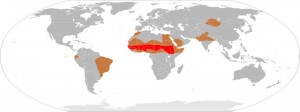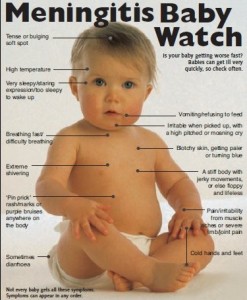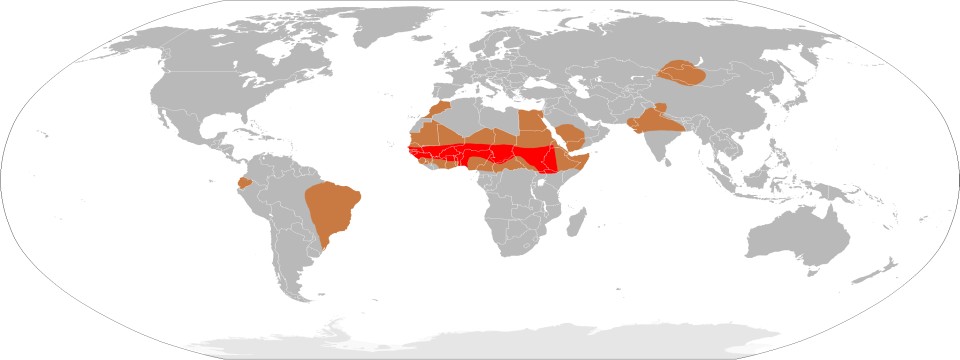
Meningitis Causes
Meningitis is usually caused by an infection due to bacteria, viruses, fungi or protozoa while some types of meningitis are not caused by these microorganisms. The bacteria and viruses that cause meningitis may be from the routine illness you may have in the skin, urinary tract, gastrointestinal system or respiratory tract that spread through the blood stream and to the meninges. The spreading of bacteria may also be due to severe head injury, ear infection or nasal sinus infection.
Meningitis Risk Factors
People who are at risk of having meningitis are the following:
- Those who skip vaccination or hasn’t completed vaccination schedule
- Most cases of viral meningitis are common in children below 5 years old and bacterial meningitis occur in ages younger than 20.
- Living in a congested area like dormitories, military bases, boarding school, child care facilities as the bacteria spreads easily and quickly
- Pregnant women who are at risk of having infection caused by listeria may also have risk of having meningitis
- Low immune system are susceptible to meningitis
Meningitis Transmission
Microorganisms are transmitted between people through droplets of secretions from the throat or respiratory system. It cannot spread by simply breathing air where there is a person infected with meningitis. The incubation period is four days, but it can be between two to ten days. You can also get meningitis caused by Listeria by eating contaminated food.
Meningitis Symptoms
Symptoms of meningitis may vary depending upon the cause, but the most common are the following:
- Headache
- Neck stiffness
- High Fever
- Confusion
- Vomiting
- Skin rash in some cases
- Inability to tolerate light or loud noises
- Positive Kernig’s sign (with the person lying flat, the hip and knee is flexed to 90 degrees. If positive, pain limits passive extension of the knee.
- Positive Brudzinski’s sign (flexion of the neck results in involuntary flexion of the hip and knee.
Tests and Diagnosis
Diagnosis of meningitis may be helpful to immediately treat it and reduce its complications.
- Lumbar puncture or lumbar tap. The needle is inserted into the spine to get a sample of cerebrospinal fluid that surrounds the brain and spinal cord.
- Blood cultures may be drawn from the vein to get samples and examine presence of bacteria
- X-rays or CT scan of the head may reveal inflammation
- Antibiotics and sometimes antiviral drugs for first treatment , and corticosteroids to prevent severe inflammation.
Meningitis Treatment
Meningitis is life-threatening as it is considered as a medical emergency. It has high mortality rate if untreated. If given with delayed treatment, it is associated with poor outcome. Treatment may vary depending upon the cause and its underlying symptoms.
- Wide-spectrum antibiotics immediately after being confirmed with tests
- Provide fluids to replace those lost due to fever, sweating, vomiting and poor appetite
- Anti-convulsants may be given for seizures
- Cortisone medications to reduce brain swelling
- Pain medication for body aches and pain
- Anti-viral medications for viral meningitis
Meningitis Complications
Problems may occur during the early stage of meningitis. It may indicate severe illness or worsening condition. And these may require specific treatment. It may have several complications.
- Infection may trigger to sepsis
- Low blood pressure
- Excessive activation of blood clotting
- Neurological problems
- Inflammation of the brain or its blood vessels
- Formation of the blood clots in the veins
Meningitis Prevention

Proper hygiene is also important to prevent infection. Washing hands regularly is encouraged especially before eating and after using the bathroom. Avoid sharing food or drink to those who are ill. Stay healthy, eat healthy diet, get enough rest and exercise regularly. If you are pregnant, avoid raw foods and soft cheese.

